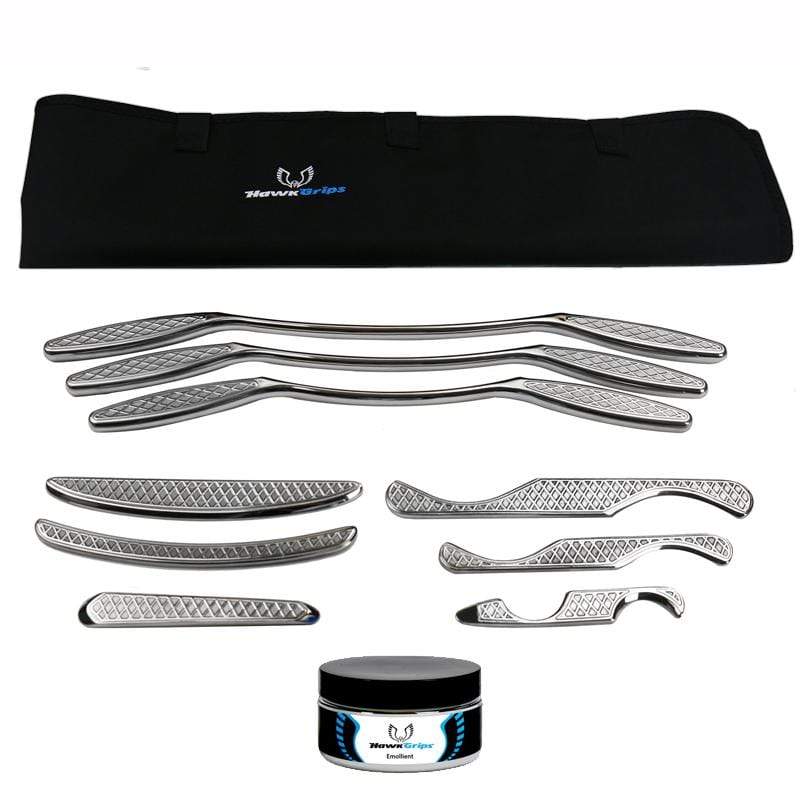Your First Visit
For all clinic sessions
You are welcome to schedule a free consultation if you would like to discuss your case before making an appointment. Your therapist can assess the situation in person and make recommendations based on each individual case.
Sessions are held one-on-one in a comfortable, professional environment.
On the first visit (usually an hour long), your therapist will perform a full evaluation including a musculoskeletal exam. If it is determined that you have relevant musculoskeletal dysfunction, your treatment will also be initiated on the first visit.
Treatment most often includes instruction in self-treatment and exercises you will perform at home. The home program is integral to the healing process.
Please bring exercise shorts or other comfortable clothing that allows for full range of motion to your treatment sessions.
For Pelvic Floor Physical Therapy
Your first session will typically be one hour long. Come dressed in comfortable clothes that allow movement. You will start by sitting down to discuss your symptoms. When did the issue begin? What makes it worse or better? How does it affect bladder, bowel, or sexual function? How is it affecting your life? What treatments have you tried thus far?
Sandy will then look at the body as a whole, examining things like posture, alignment, and movement patterns of the back, pelvis, hips, and legs. She assess the movement of your spine, hips, knees, and ankles to find imbalances or joint dysfunction. Palpation of abdomen, inner thighs, back and buttocks allow her to find any soft tissue restrictions and assess for diastasis recti. You will discuss how all these things are connected to your pelvic floor.
The internal pelvic floor exam is what sets a pelvic floor physical therapist apart from other PTs. The process will be fully explained ahead of time and is only done when pelvic floor dysfunction is suspected from the history and the patient provides full consent to proceed. Sandy will leave the room to allow you to undress from the waist down and provide you with a sheet so you can remain fully covered. This part of the examination occurs transvaginally for women and transrectally for men (and women for whom certain symptoms might warrant). She will be assessing pelvic floor muscle tone, tension and/or pain, strength, trigger points, motor control, pelvic organ prolapse, skin or dermatological conditions, and irritability of nerves.
Sandy will leave the room again to allow you to dress fully, then discuss evaluation findings, set goals together, and agree on a schedule for future appointments based on individual needs.
Align Your Structure to Ease Your Pain.
Fun & Realistic Methods
For Achieving Lifestyle
Wellness.
We currently have a 5 module personal coaching series that's changing lives. If you'd like to learn more, contact us.
- Self-treatment & Corrective Treatment
- General Conditioning
- Nutrition & Water
- Managing& Reducing Stress
- Integration
Specialties
Manual Therapy of Nashville offers Boutique Physical Therapy Services. Don’t give up on living pain-free or getting back to your favorite activities!

Manual Therapy
Orthopaedic Manual Physical Therapy (OMPT) is a highly-specialized area of physical therapy that treats the specific problem, while also looking at the whole person and their lifestyle. Tools used in OMPT are joint mobilization/ manipulation, soft tissue techniques, dry needling, exercise, stress management tools, breathing exercises, self-treatment techniques, education in posture, ergonomics, and activities.

Fascia/ Connective Tissue Therapy using IASTM
Functioning of the fascial system is part of what makes movement and a healthy body. If you have had continued pain and loss of movement and have not had work done to this system, it is worth coming in for an assessment. The precision of these tools allows for better attention to detail in the fascial system.

Mind Body Connection
Research and books, such as The Body Keeps Score, discuss the influence of the mind and body on one another. We are not counselors, but just by listening and sometimes asking the right questions, you can make connections between your life and what your body may be trying to communicate to you, such as, let me rest more, something is stressing me out, change something. The most important question is do you and your body feel safe? The second is, do you know where you are and where you're going?
Commonly Treated Conditions
- Musculoskeletal dysfunction and pain in any region / any joint
- Headaches related to TMJ Dysfunction or neck dysfunction and pain
- TMJ Dysfunction and Pain
- Shoulder Impingement
- Scoliosis
- Rotator Cuff Pathology (strains, tears, tendonitis)
- Thoracic Outlet Syndrome
- Tennis Elbow
- Golfer’s Elbow
- Carpal Tunnel Syndrome
- Cubital Tunnel Syndromes
- Double Crush Syndrome or Multiple Crush Syndromes
- Sprains and Strains
- Hip Bursitis
- Shoulder Bursitis
- IT Band Syndrome
- Retropatellar Pain
- Pelvic Pain
- Sciatica
- Piriformis Syndrome
- Pain in Tailbone
Contact Us
Email Us
catmay.dpt@gmail.com
Check out our other sites!



